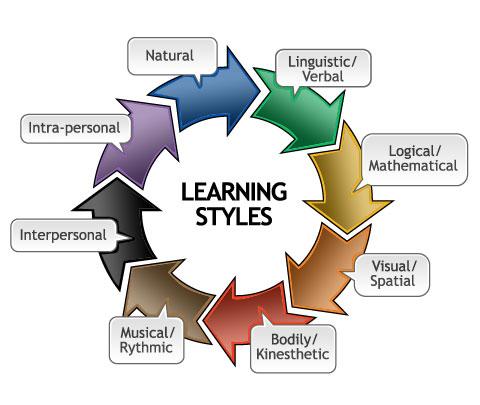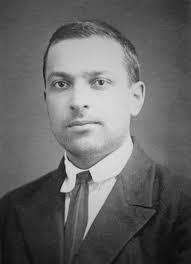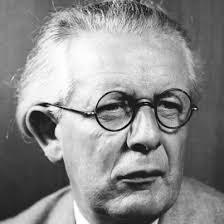Lev Vygotsky (1896-1934): Russian psychologist who is known as the Father of the Sociocultural
Theory. Influential in the fields of child development and education. Created the term zone of proximal development. Vygotsky believed that children are capable of achieving more when they are helped (or scaffolded) by a more knowledgeable other. Vygotsky was a contemporary of Piaget's, although his work did not become known until much later (Cherry, n.d.).
"Learning is more than the acquisition of the ability to think; it is the acquisition of many specialised abilities for thinking about a variety of things." - Lev Vygotsky, Mind in Society, 1978
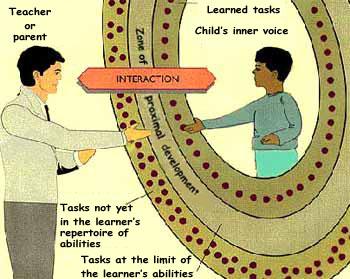
Jean Piaget (1896-1980): Swiss psychologist who studied the stages of development that children go through from birth to adolescence. Influential in the fields of education, psychology, sociology, and genetics. Piaget studied his own children and their intellectual development and the development of their formal thought processes and used that information to formulate his theories.
"The principle goal of education in the schools should be creating men and women who are capable of doing new things, not simply repeating what other generations have done.
-Jean Piaget (Cherry, n.d.).
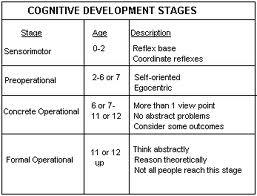
Erik Erikson (1902-1994): German born psychoanalyst; moved to the United States in 1933 to teach at Harvard Medical School. Erikson focused his research on the development of the identity. He believed this occurred through a series and crises and resolutions (Cherry, n.d.).
William Damon: Damon is an American born psychologist who specializes in child development. He is currently a professor at Stanford University. His focus is on the development of character with regard to child development (Damon, n.d.).
Howard Gardner: Gardner is an American born psychologist who specializes in the study of multiple intelligences. He is currently a professor at Harvard Graduate School. His work on the eight learning styles has helped teachers to provide more individualized teaching methods so that students are better able to learn the material (Gardner, n.d.).
